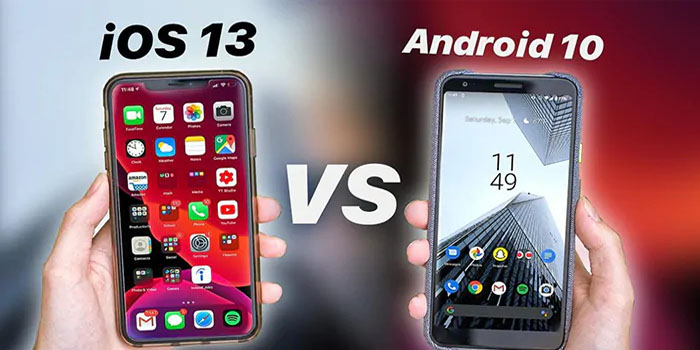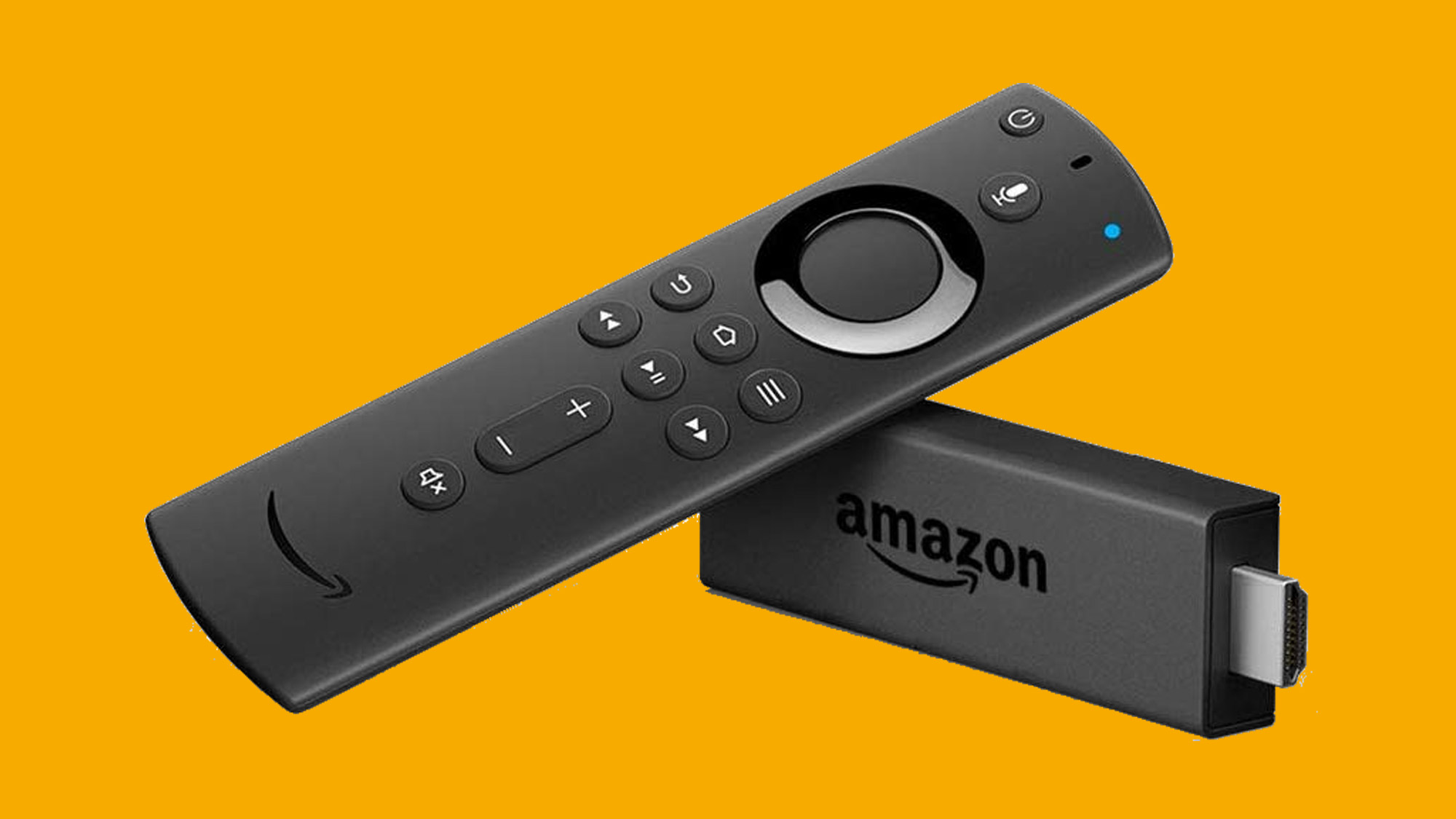Read here Is Android better than iOS or iOS is better than Android?
With Microsoft officially out of the mobile OS market (the Windows Phone has been retired), the battle for dominance is now between Google and Apple. And although Google’s Android is obviously the heavy hitter with its 95% market share, a lot of people do like iOS and many more would switch from Android to iOS, if Apple’s devices were more affordably priced. But that is not to say that Android does not have its advantages. Both operating systems are great. Android 10, formerly known as Android Beta, and iOS 13 are superb in their own ways, but still we’ve got to ask between iOS 13 and Android 10: which is the best?
It is a tough question and one that will do our level best to answer. First, some background information.
Android 10
Android 10 is the latest iteration of the Android version and it was released on September 3, 2019. It is a feature full OS that is the best ever in the series. Some of the features to look out for include a dark mode (finally!), smart reply that predicts what you are going to say, focus mode, standard depth format, overhauled permissions, security updates via Play Store, and hearing aids with streaming support.
Android 10 is currently available on a number of devices these include:
- Google Pixel 3a XL
- Google Pixel 3a
- Google Pixel 3 XL
- Google Pixel 3
- Google Pixel 2
- Google Pixel 2 XL
- Google Pixel
- Google Pixel XL
Users of other phones save for Google’s Pixel phones will have to wait for their manufacturer to do some customizations before installing the software on their devices.
iOS 13
Just like Android 10, iOS 13 is the latest version of Apple’s mobile operating system. It introduces major updates, upgrades, and new features that promise to make the iPhone faster, easier to use, and more secure. Some of the features that have been introduced as part of the redesigned OS include dark mode, all-new Photos tab, powerful video editing tools, 3D maps, quick path writing, and optimized battery.
Comparing Android 10 and iOS 13
In this comparison, we shall skip some of the features in both operating systems and instead look at the ones that are really sticking out. At the end of it all, you will have a clear picture of what to expect if you go for either.
Security and User Privacy
Apple is big on security because unlike Google, the company’s business model does not depend on making money through targeted advertisements. And so naturally, compared to Android 10, iOS 13 is more secure and privacy conscious. Some of the new security features that come with iOS 13 include:
Granting an app your location information just once
iOS 13 will periodically remind you of the apps that are tracking your location in the background. It will also pinpoint the location points where the app tracked you to and a map showing you how much of your movements the app can map. To give you more access over the data that is collected by apps, you will now be able to grant a single use permission for an app that seeks to know your location.
Also, apps that want your Bluetooth access will also require consent. Previously, apps could use your Bluetooth to map your whereabouts, especially in malls and to use that information for targeted advertising. With iOS 13, that will be a thing of the past.
Apps Will No Longer Be Able to See Your Contacts Notes
While it will still be possible for apps to read your contacts, they will not be able to access the notes that accompany them. Sometimes, people save their contacts with a note detailing the kind of relationship they share with that person and giving apps the ability to read them is a gross violation of user privacy. With iOS 13, that will not be possible.
Fake Email Address for Sign in with Apple
All app sign-in requests are to be handled by the Sign in with Apple option. This option gives users the choice of either using their real email addresses or a private relay address that is uniquely generated by Apple. That way, users can hide their real email addresses from advertisers and thus avoid advertisers in the process.
Know here : How You can install TutuApp iOS 14?
Strip Location Metadata from Your Photos
Whenever you take a photo with your iPhone, the device stores location metadata as part of the photo file and this can be used to pinpoint your exact location. But with iOS 13, you will now be able to delete the metadata before sharing the photos with the rest of the world.
Safari Anti-Tracking Features
Apple’s native browser Safari has a new set of anti-tracking features that make it near impossible for anyone to track you. Some of the anti-tracking technologies are able to prevent among other things browser fingerprinting and cross-site tracking.
What Does Android 10 Improve in Terms of Security?
It is easy to get lost on all the cool things that Apple has been doing when it comes to user and device security, and even possibly forget that Android 10 is focused on user privacy too, although not in such a big way. Here are some of the security features that are coming with the new OS:
Location Restrictions
Just like Apple, Google is keen on improving its security credentials. Android 10 comes with a feature that allows you to limit apps from getting your location data without your authorization.
Protection against Device Tracking
Android 10 apps will no longer be able to access sensitive device information, such as device IMEI or serial number. If you remember, the fact that some apps could get such information was one of the reasons that some people lost faith in Android.
Data Encryption
All phone manufacturers will be required by Google to encrypt data on the device using Google’s own Adiantum encryption method.
A hell lot more could be said about Android 10 and iOS 13 when it comes to security, but those are some of the things to expect. In case you are wondering, the clear winner when it comes to security and privacy is Apple. Google is yet to even come close to matching the privacy and security credentials of Apple, but that does not mean that the company is not trying.
Even with Android 10, you will still have to rely on an Android cleaner app to secure your data. Apple’s iPhone doesn’t require such options, at least not that much.
Winner : iOS 13
Availability
Availability here means the number of devices that are going to be using the newly released operating systems. For Apple, every iPhone can be upgraded to iOS 13. All that you have to do is go to the Settings app and make the upgrade. Apple is also releasing a series of devices with the pre-installed version of the software. They include:
- iPhone 6S and 6S Plus
- iPhone SE
- iPhone 7 and 7 Plus
- iPhone 8 and 8 Plus
- iPhone X
- iPhone XS, XS Max and XR
- iPhone 11, 11 Pro and 11 Pro Max
- iPod Touch seventh generation
As for Android 10, the only devices that can automatically be upgraded are Google Pixel phones. Users of phones from the likes of Samsung will have to wait for their manufacturer to make upgrades. Some of the phones that will be released with Android 10 include:
- Asus Zenfone 5Z
- Asus Zenfone 6
- Nokia 9 PureView (Q4 2019)
- Oppo Reno
- Samsung Galaxy s11
- Sony Xperia XZ3
- LG G8
Here, iOS 13 wins because the OS will be immediately accessible to all iPhone users. Many Android fans will possibly never experience the powers of Android 10 on their devices because some manufacturers will never take the time to configure Android 10 to match the specifications of their earlier models.
Winner: iOS 13
Foldable Phone Support
Without the software running inside of them, phones are just pieces of metal and plastic. It is the OS that determines what the hardware is capable of. Take the fold-able phone, for instance. Currently, only Android seems to support this capability. And Android 10 is expected to add more support to such display technologies.
Samsung and a host of other manufacturers have fold-able phones in the making that are expected to hit the market in 2020. As for Apple, the first fold-able phone will be in the market somewhere in 2021, according to insider information, although no one is so sure about it.
Winner: Android 10
Dark Mode
The dark mode is beloved for a few reasons. It is cool looking, helps preserve energy by lighting up fewer pixels, and reduces the strain on the eye. Early 2019, Google introduced the dark mode as part of an Android Pie update, but the theme was not present everywhere. In Android 10 however, the dark mode is more widely distributed, although some mobile apps such as Google Chrome still lack the dark theme.
Compared to Google, Apple has more experience with the dark mode and in iOS 13, the dark mode is available in a number of areas such as the calendar, wallpaper, widgets and the messages app.
Winner: iOS
Photo and Video Editing
Both Android 10 and iOS 13 did a great job when it comes to photo and video editing. Google Photos is a power engine that combines a number of features, such as intuitive editing tools, effortless backing up of photos, and multiple sharing options. The photos can also be accessed from any device, i.e. phone, tablet, or computer from photos.Google.com
Perhaps even more impressively, you can easily search your photos based on the places and things in them. Type a dog and all photos with a dog will appear.
Enough of Google. How does Apple stack up? The simple answer is that it is equally impressive. iOS 13 introduces at least 200 new features, but there is a big focus on photos and camera. In all it has about 30 features related to the Photos and Video apps. Some of the features include:
Intelligent Way to Sort the Photos Tab
You will now be able to sort your photos by day, month, or even a year. This will make browsing through memories much easier and more personal than ever.
Live Photos & Video Auto-Play as You Scroll
Scrolling through your photos will trigger muted Live Photos and videos to start playing automatically. If you are fond of Harry Potter, you might recognize the magic within.
Hides Duplicates and Non-Personal Photos for More Organized Viewing
To keep your feed looking clean and organized, the Photos app will now hide duplicate files, pictures, screenshots, and other documents from view. You can still search and view these photos any time you want because they are never deleted.
Titles for Events
iOS 13 will automatically label your events for you so that they are easier to organize. Say you are in Bali on holiday, one of your photos might be aptly named Bali which makes it not just easier to search but more personalized.
Intelligent Music Choices for Memories
Apple will now present your Memory movies alongside your favorite soundtracks. The sound tracks will be based on your listening habits.
As noted earlier, there are over 30 new features in iOS 13 that have something to do with the Photos and Video apps. We cannot possibly consider all of them here, but they will most certainly transform the way that you interact with your photos. You should look forward to them.
Winner: Tie
Gaming
Android 10 and iOS 13 have both prioritized gaming in a big way. Apple introduced Apple Arcade in the early months of 2019. At a cost of $4.99 this service allows you to download and play games across the family of Apple products, i.e. the iPhone, iPad, iPod Touch, Mac, and Apple TV. With the help of controllers, you can also play some Arcade games. iOS 13 supports all the capabilities of Apple Arcade.
Google’s answer to Apple’s Arcade is called Stadia. The Stadia service will allow gamers to play their favorite games anywhere there is a Chrome browser. To get the service, users will have to get a $9.99 monthly subscription. Google’s Stadia has its own controller and will work with third party controllers.
If you are an avid gamer, you have probably realized that there is more to gaming than having a well fashioned mobile OS. You must, for instance, know a few PC repair tips and tricks that will help keep your device in shape. In other words, it is not all up to the Google or Apple to provide a gaming experience of your liking. In some ways, you must also work to improve your experience.
Winner: iPhone
Voice Assistant
When it comes to voice assistant, it is safe to say that Google will always have the edge over Apple because of the company’s vast experience in search. In iOS 13, the iPhone will have several improvements, such as searching for WatchOS apps on Apple Watch and being able to read incoming messages through stream radio stations and AirPods. Siri will also come preloaded with Siri Shortcuts.
Winner: Android 10
Maps and Exploring
When it comes to maps, Google has also been way ahead of Apple. But this is not to say that Apple has not been making improvements in the area. With iOS 13, Apple is rebuilding Maps in a way that includes better road and pedestrian information with more precise addresses. The updated Maps app will also have a 3D Look Around tool that will let you see a 3D view of a location.
If you are an Android user, you probably know that Google has had these capabilities for a while. Apple is only catching up and a lot more remains to be done.
Winner: Android 10
Wrapping Up : Certainly, we cannot possibly consider all the amazing features that distinguish Android 10 from iOS 13. But if you are a fan of either Android or iOS, it is really hard to convince you of the possibility that one might be better than the other. The differences and scores observed here are just snippets of our expert opinion and they will help you make an informed decision.
If you are keen on learning more about Android 10 and iOS 13, you should visit softwaretested.com. It is a guide that covers topics ranging from mobile operating systems, Mac error solutions, to PC repair tips and tricks.




